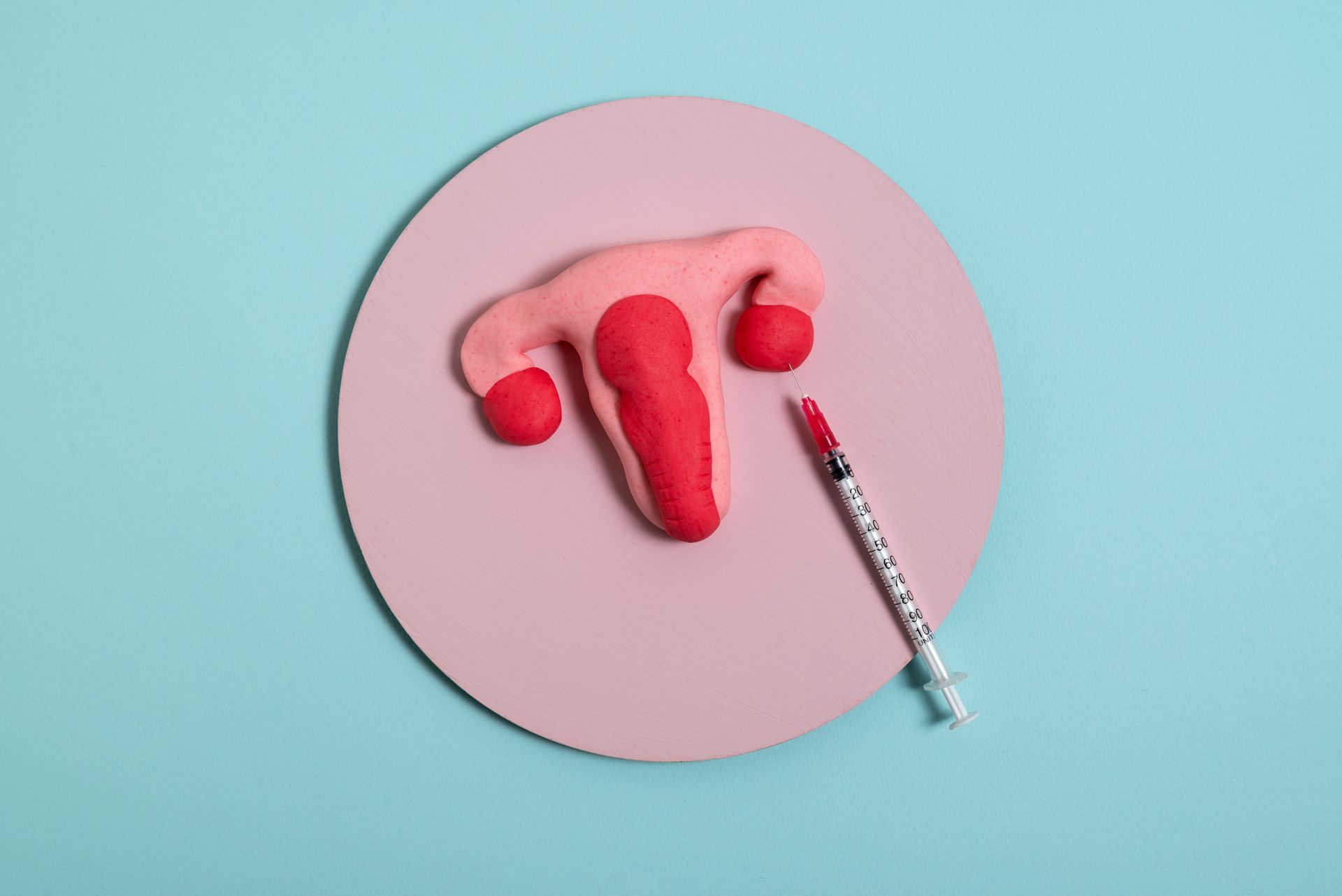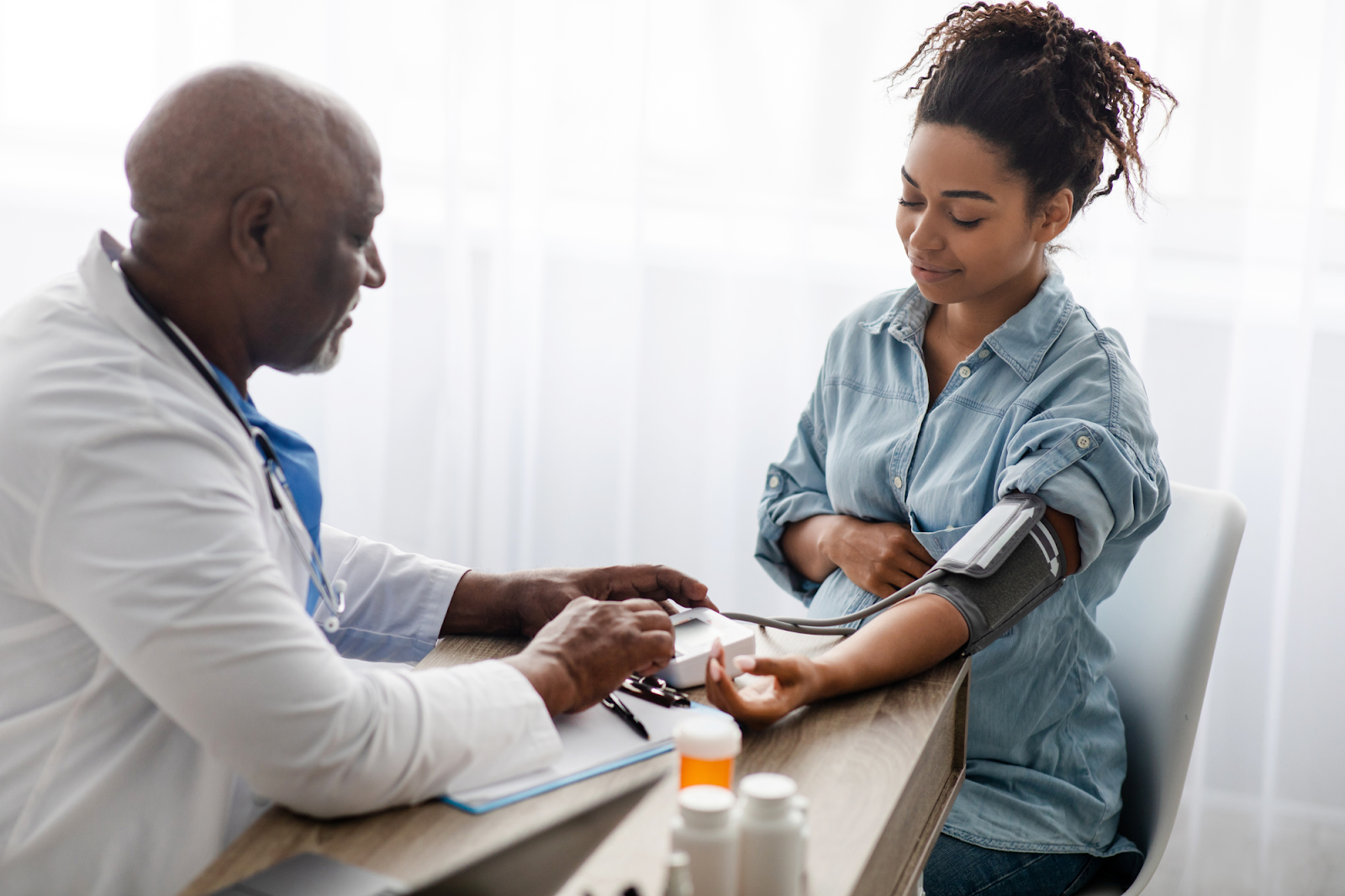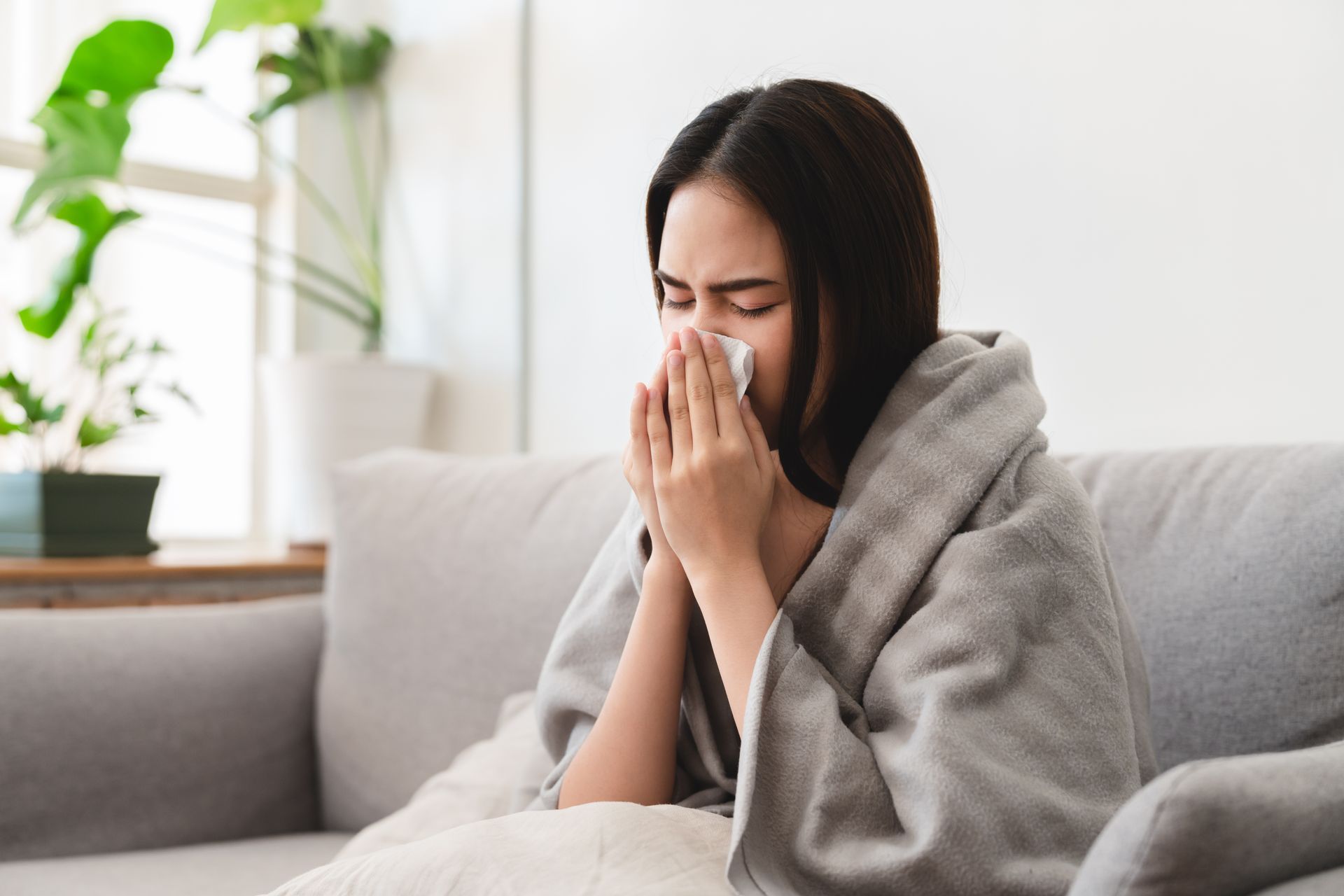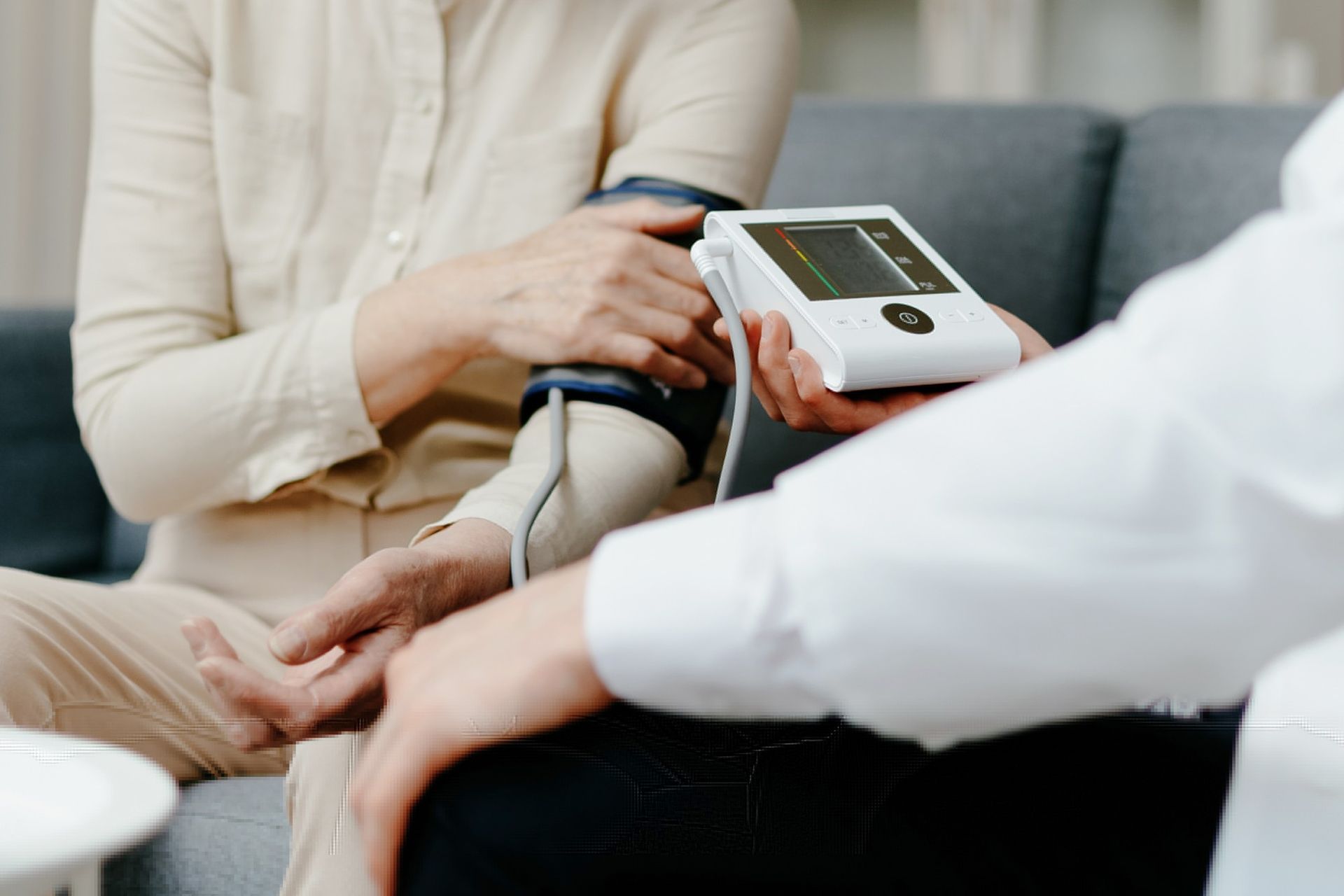A Pap smear may not be something you always look forward to, but it’s one of the most important steps to take for your long-term health. If it’s not part of
your annual physical exam
yet, the sooner you include it, the better. And if it’s your first time, or if it’s been a while since your last visit, it’s completely normal to feel a little nervous or unsure.
As a team that provides routine cervical cancer screening, we want you to know what to expect and how to feel more at ease. A Pap smear is a simple preventive test that can help us detect early warning signs—before anything becomes serious.
At
Houston Family Practice, we believe every woman deserves care that goes beyond routine visits, fostering respectful and reassuring connections. If you’re coming in for your first women’s health checkup or simply need a refresher, we’re here to guide you through it, step by step, question by question. We’ve got you covered!
Empower Your Body Through Regular Care
Book an Appoinment Now
What Is a Pap Smear and Why Is It Important?
A Pap smear is a simple test that checks the cells in your cervix to see if anything looks unusual. Also known as a Pap test, it’s a quick part of routine checkups at our clinic, but it plays a crucial, lasting role in preventive healthcare.
Cervical screening helps us find changes in the cervix before they turn into something more serious, like cervical cancer. Most of the time, everything looks normal, and that’s what we want to see. However, if something requires closer examination, it could save a life to identify and treat it early.
Getting a Pap smear is one of the easiest ways to ensure long-term wellness. It gives us answers, gives you peace of mind, and helps us stay one step ahead.
When and How Often Should You Get a Pap Smear?
Most women should get their first Pap smear at age 21. From there, how often you need the test depends on your age and your health history:
- Ages 21 to 29: You’ll need a Pap smear every 3 years, as long as your past results are normal.
- Ages 30 to 65: You can continue every 3 years, or get tested every 5 years if you get an
HPV test along with it.
- Over 65: You may be able to stop Pap smears altogether, especially if you’ve had normal results for several years.
These are the general Pap smear age guidelines, but they’re not set in stone. Some women may need to undergo testing more frequently if they’ve had abnormal results in the past, especially if they have a weakened immune system or have tested positive for human papillomavirus (HPV). This is a common virus that most people, men and women, will get at some point in their lives, especially if they have multiple sexual partners.
If you’re unsure about your schedule, that’s okay. We’re here to help you figure out what’s best for your body and your peace of mind.
How to Prepare for a Pap Smear
A little Pap smear exam preparation can go a long way in helping you feel more comfortable and making sure your results are as accurate as possible.
Here’s how to prepare for a Pap smear:
- Avoid sexual intercourse, applying vaginal products, or douching for about 48 hours before your test. These can interfere with the sample we collect and may affect your results.
- Do not schedule your Pap smear during your period. Light spotting is usually all right, but heavy bleeding can make the test more challenging to interpret.
- Wear something comfortable. You will undress from the waist down, so wearing clothes that are easy to change out of can help you feel a bit more at ease.
- Let us know if you’re nervous. It’s okay, most people usually are. It’s normal to feel anxious, especially if it’s your first time. We’re here to walk with you through each step, respecting your pace.
Preparing for a cervical test doesn’t have to be too detailed or complicated. Think of it as giving a few minutes of your time to gain many more years of good health down the road.
What to Expect During the Pap Smear Procedure
- You’ll change into a gown and lie back on the exam table with your feet in stirrups.
- We’ll gently insert a speculum into your vagina. This lets us see your cervix. You might feel pressure, but it shouldn’t be painful.
- We’ll use a small brush or spatula to collect a few cells from your cervix. This only takes a few seconds.
The entire Pap smear procedure usually lasts less than five minutes. You may experience some cramping or mild discomfort, but it should subside quickly. Try to take slow, deep breaths. It helps to relax because being tense usually adds to the discomfort.
Remember, this is
your body
and
your appointment. If something feels off, please ask us to pause or review the steps with you again. Our top priority is your comfort and safety.
After the Pap Smear: Results and Next Steps
Once your Pap smear is done, the next step is simple: wait for the results. We’ll send your sample to a lab, where specialists will closely examine the cells under a microscope. Most women hear back within a few days to a week.
If your Pap smear results come back normal, that means everything looks healthy. You won’t need another test until your next scheduled screening. If the results show something unusual, don’t panic. An abnormal result does not mean you have cancer. In many cases, it simply means there are small cell changes that require closer monitoring.
If that happens, we’ll talk you through your abnormal Pap smear follow-up plan. That might include another Pap test in a few months, an HPV test, or a closer look with a procedure called a colposcopy. Whatever the next step is, we’ll ensure you feel supported and confident every step of the way.
💡What is a
Colposcopy?
It is a procedure where a doctor uses a coloscope to closely examine the cervix, vagina, and vulva for signs of abnormal or precancerous cells.
Ready for Your Pap Smear? Houston Family Practice Is Here to Help
If you’re already searching for “pap smear test near Houston, Texas,” look no further. At
Houston Family Practice, we provide thoughtful, patient-centered care for every stage of a woman’s life, including routine cervical screenings.
Whether it’s your first Pap smear appointment or a regular part of your annual women’s health screenings, we’re here to make the process feel calm, clear, and comfortable.
As a trusted Pap smear clinic, we’re proud to offer care that meets both your medical needs and your emotional comfort. We take the time to answer your questions and ensure you leave feeling informed and empowered to take charge of your health.
Schedule Your Pap Smear Today
Give Us a Call Now
Frequently Asked Questions
Can I get a Pap smear during my period?
You can, but it’s not ideal. Most providers recommend waiting until your period ends, especially if the flow is heavy and prolonged. Blood can significantly affect the accuracy of the test. If you’re unsure about your Pap smear exam timing, call your provider.
What do Pap smear results mean?
Your Pap smear results will either be reported as normal, unclear, or abnormal. It’s more common to get normal results. If your results are unclear or abnormal, it doesn’t mean something is seriously wrong. It just means we may need to look a little closer or repeat the test later on.
Do I still need a Pap smear if I got the HPV vaccine?
Yes, you do. The HPV vaccine and Pap smear connection can be confusing, but here’s the truth: while the vaccine protects you from many high-risk HPV types, it doesn’t cover all of them. That’s why regular cervical cancer screening is still essential even if you’ve been vaccinated.















